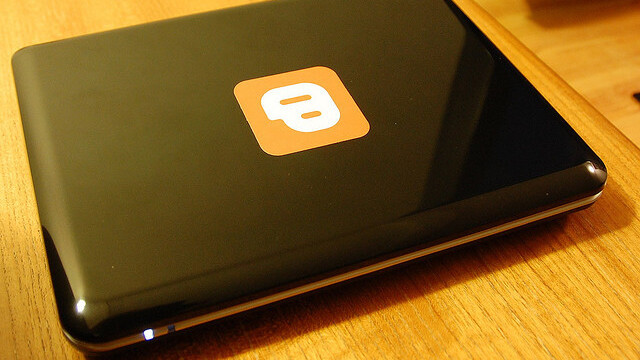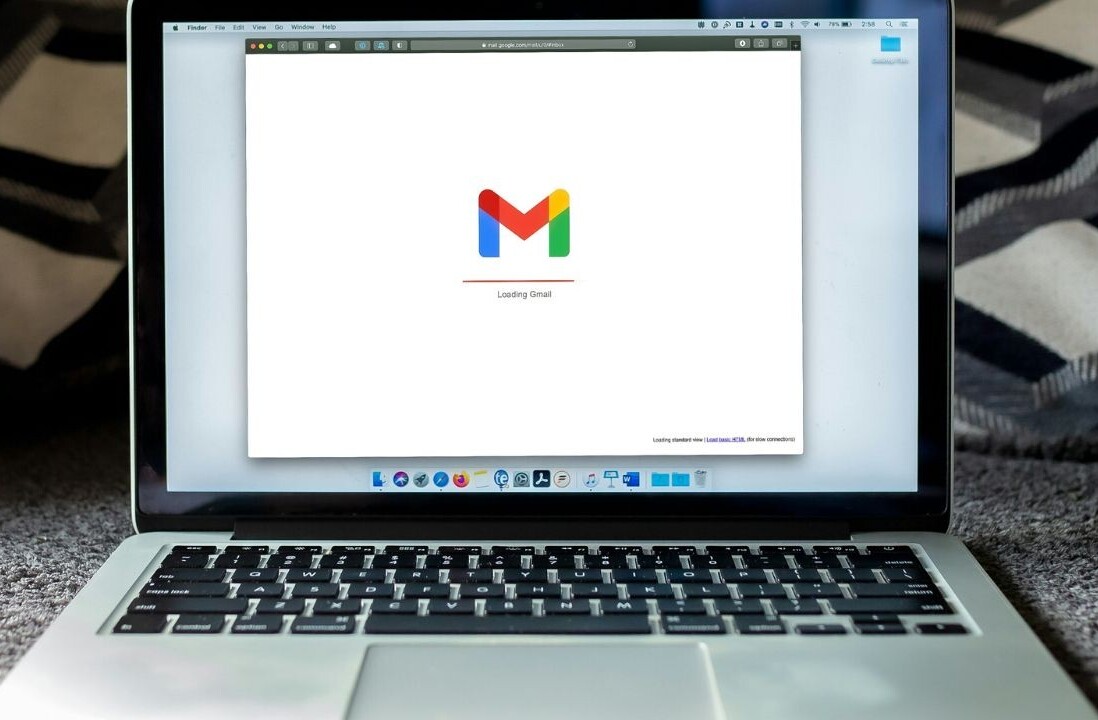
It has been the talk of the week on the Brazilian Internet; the royalties collection agency ECAD claimed copyright fees from a blog that had done nothing more than embedding YouTube music videos.
This interpretation immediately raised a considerable amount of concern and criticism in Brazil – not only from bloggers, but also from Google itself. A few hours ago, the company’s subsidiary in Brazil took to its official blog, claiming that YouTube’s existing agreement with ECAD didn’t allow the private agency to charge fees from bloggers.
Well, it now seems that Brazilian blogs can sigh with relief. While ECAD initially seemed inflexible, despite negative feedback from Internet users and even music labels, Google Brasil’s stance finally led it to back down. Here’s a partial translation of the answer it published on its website (bold is ours):
“1- Ecad has never had the intention to curtail the freedom on the internet, known to be a space devoted to information, dissemination of music and other creative works, and propagation of ideas. The institution also lacks a copyright billing strategy geared to embedded videos. Royalties collections for webcasting have been under re-evaluation since February 29th, and the case reported in recent days took place before then. Nevertheless, it resulted from an operational error of interpretation, which represents an isolated fact in this segment. (…)
2- Two years ago, Ecad and Google signed a letter of intent that guides the relationship between both organizations. The document details that Ecad can collect copyright fees for music coming from embedded videos, as long as it gives advance notice to Google/YouTube. As Ecad did not send such a notification, it becomes clear that this is not its goal. If it were the case, it would have sent the notification the letter of intent requires. (…)”
“Operational error of interpretation”, apparently, is as good as it gets. Although ECAD’s stance doesn’t completely dispel the threat, it seems that for now, Brazilian bloggers won’t have to worry about copyright fees every time they embed a YouTube video. It may sound obvious, but this certainly comes as a relief after a tense week, and the outcome may have been different without the collective online mobilization.
Get the TNW newsletter
Get the most important tech news in your inbox each week.




